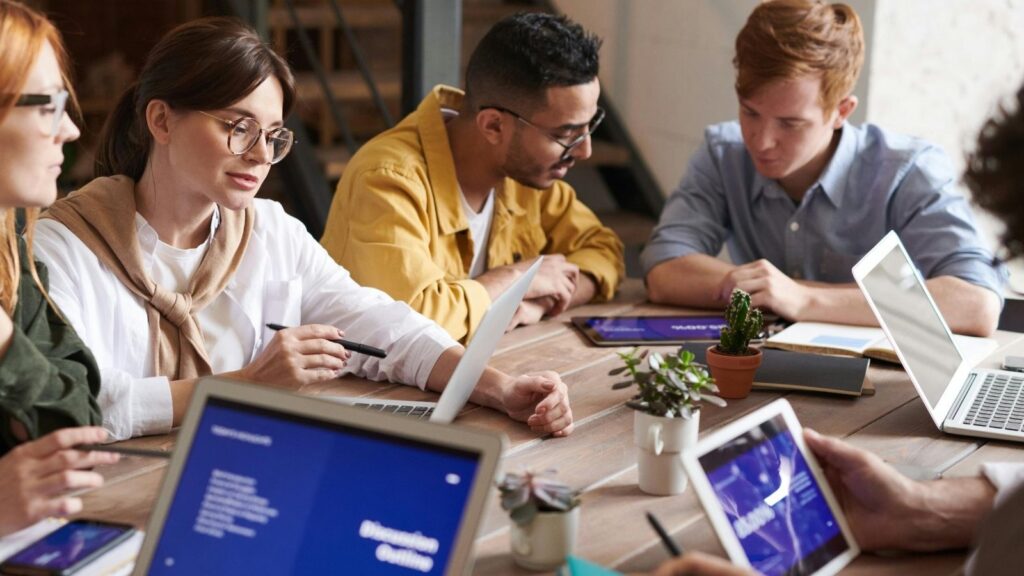
Events are frequently defined as a “notable social occurrence” that focuses on bringing people together at a certain location for a set period. But how do you ensure your event leaves a lasting impact? The key lies in building a strong community around it. Here’s how you can create a vibrant community that will keep your event buzzing long after the lights go down.
1. Define Your Purpose and Values
Every great community starts with a clear purpose. What is the mission of your event? What values does it uphold? Whether it’s promoting sustainability, fostering innovation, or celebrating creativity, make sure your event’s purpose resonates with your target audience. Communicate these values consistently in all your materials to attract like-minded individuals.
2. Engage Early and Often
Building a community doesn’t start on the day of the event; it begins the moment you announce it. Use social media platforms, email newsletters, and your event website to keep potential attendees informed and excited. Share behind-the-scenes content, introduce speakers or performers, and offer sneak peeks of what to expect. Regular updates will keep your audience engaged and eager for the event.
3. Leverage Social Media
Social media is a powerful tool for community building. Create event-specific hashtags and encourage attendees to use them before, during, and after the event. Engage with your audience by responding to comments, sharing user-generated content, and running contests or polls. Platforms like Facebook Groups or LinkedIn can also be effective for creating dedicated spaces where attendees can connect and share ideas.
4. Create Valuable Content
Content is king when it comes to engaging your community. Develop blog posts, videos, podcasts, and infographics that provide value to your audience. This could include tips related to your event’s theme, interviews with speakers, or recaps of past events. High-quality content not only keeps your audience engaged but also positions your event as a thought leader in your industry.
5. Encourage Participation
A community thrives on participation. Create opportunities for your audience to get involved. This could be through interactive sessions, Q&A panels, workshops, or volunteer opportunities. Encourage attendees to share their experiences, ideas, and feedback. The more people feel like active participants, the stronger their connection to the community will be.
6. Foster Networking
One of the biggest draws of any event is the chance to meet new people. Facilitate networking by organizing meet-and-greet sessions, breakout groups, or social mixers. Provide platforms where attendees can connect before and after the event, such as an event app or a private online forum. Networking not only enhances the event experience but also helps build lasting relationships within the community.
7. Recognize and Reward Loyalty
Show appreciation for your community members by recognizing and rewarding their loyalty. Offer early bird discounts, exclusive content, or VIP access to repeat attendees. Publicly acknowledge active participants or contributors on social media or during the event. A little recognition can go a long way in fostering a sense of belonging and loyalty.
8. Gather Feedback and Adapt
Your community is your greatest asset, and their feedback is invaluable. Conduct surveys, hold feedback sessions, or use social media polls to gather opinions on what worked and what didn’t. Use this feedback to improve future events and demonstrate that you value your community’s input. An adaptive approach ensures your event continues to meet the needs and expectations of your audience.
9. Keep the Momentum Going
An event might end, but the community doesn’t have to. Keep the momentum going by planning follow-up activities, sharing event highlights, and teasing future events. Regularly update your community on relevant news, opportunities, and content. By maintaining an active presence, you ensure your community remains engaged and excited for what’s next.
10. Be Authentic
Above all, authenticity is key to building a genuine community. Be transparent, honest, and approachable. Share your journey, including the challenges and triumphs, and encourage others to do the same. Authentic interactions build trust and create a deeper connection between you and your community.
Benefits of building a community with events
Stronger relationships: Events allow for face-to-face engagement, which fosters stronger connections and trust among community members.
Increased engagement: Regular events keep community members involved and active. This encourages participation and engagement in community events.
Knowledge sharing: Events allow community members to share their ideas, knowledge, and expertise, resulting in mutual learning and growth.
Brand visibility: Events increase your brand’s visibility within the community and beyond, drawing new members and raising awareness.
Customer loyalty: Engaging with your community through events promotes loyalty and a sense of belonging among customers. That could result in repeat business and referrals.
Empowerment: Events empower community people by providing a voice, a platform, and an opportunity to participate in debates and decision-making processes.
Building an event community is critical to ensuring that you and your company remain relevant all year, not just when an event occurs. Keeping your community involved is beneficial when it comes to inviting your most interested stakeholders to any events you host: no more cold emails! Building a community around your events is simple, but it takes effort to connect consistently and provide members with value.
Want to know how Ticmint can help your business?
- Save upto 35% platform fees compared to industry standard.
- 100% customisable & control. Your platform, your way. (No extra charges to remove branding)
- Enhanced transparency and security


